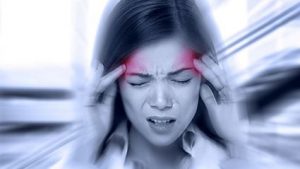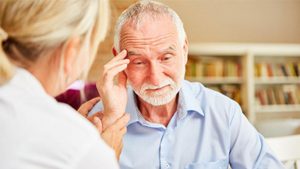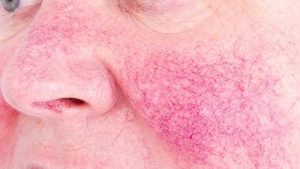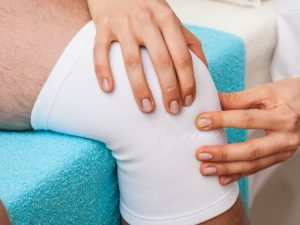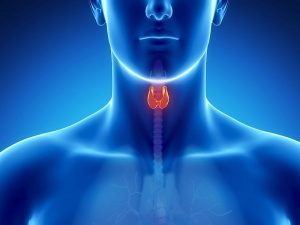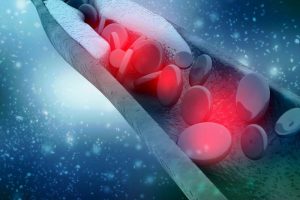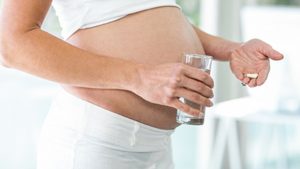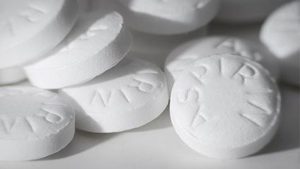
The trauma and unhappy family dynamics of childhood may follow kids into old age, affecting both their mind and body, according to new research. “We looked at self-reported disability, as well as objectively measured physical and cognitive impairment, and learned that early-life stressful experiences can have ramifications all the way into older age,” said senior author Dr. Alison Huang, a University of California, San Francisco professor of medicine. “This can mean a higher likelihood of difficulty walking, or carrying out activities of daily living, or problems with memory when people are in their 60s, 70s, 80s or older,” she said in a university news release. Exposure to physical violence or abuse, severe illness, family financial stress or separation from parents are considered major childhood stressors. The study found that those who experienced violence in childhood were 40% more likely to have mobility impairment and 80% more likely to have difficulty with daily activities. Those who came from unhappy families were 40% more likely to have mild cognitive impairment. According to the U.S. Centers for Disease Control and Prevention, almost 60% of adults in the United States have experienced one or more types of adverse childhood experiences. These can undermine a child’s sense of safety or stability, and are tied to later heart disease, diabetes, autoimmune disease and depression. California was the first state to mandate… read on > read on >



















